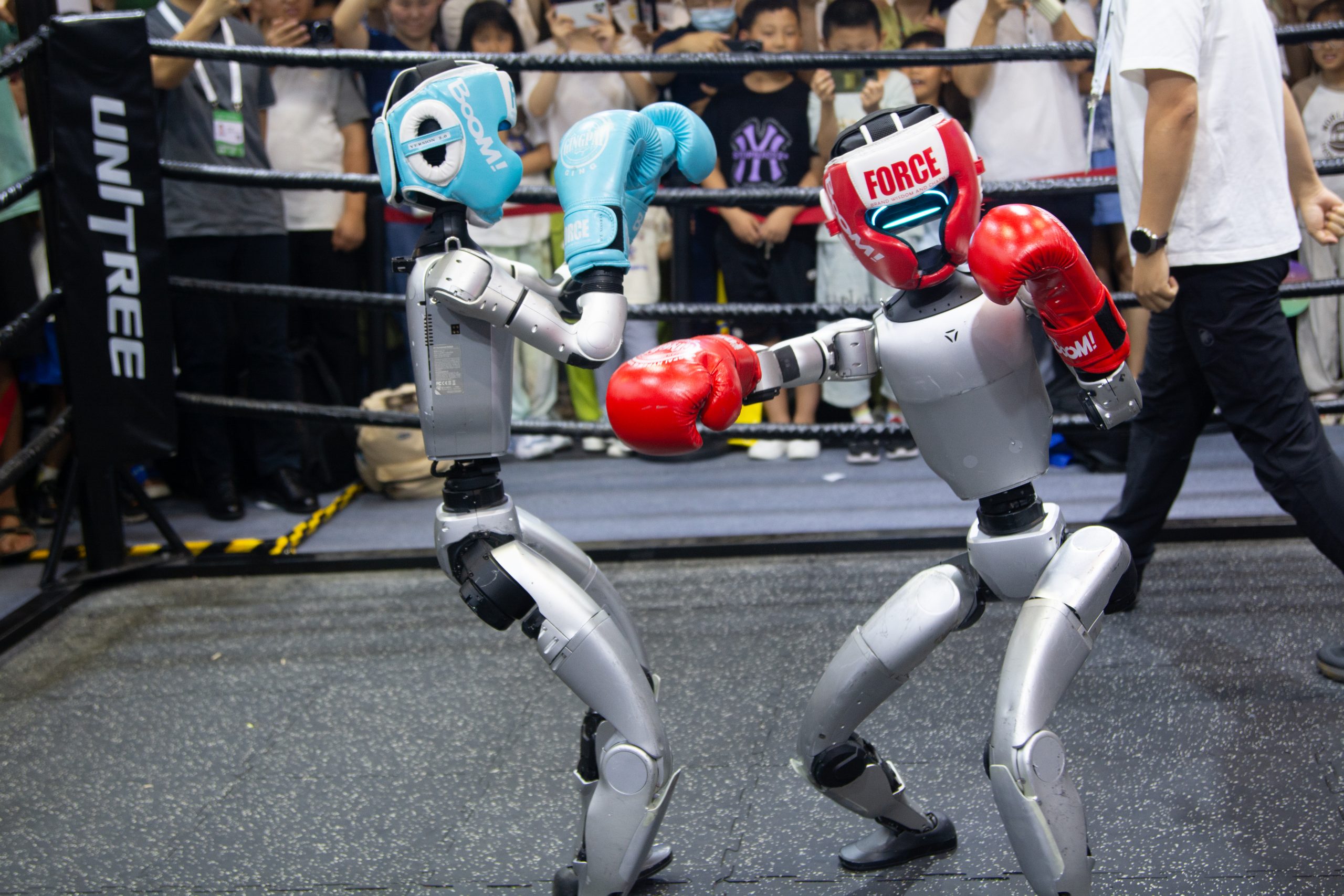AI Progress: A Tournament of Missed Predictions
The rapid advancement of artificial intelligence (AI) continues to confound even the most seasoned experts. A recent discussion between François Chollet, creator of the Keras library and the ARC-AGI benchmark, and Dwarkesh Patel, a prominent AI podcast host, highlighted a startling revelation: leading AI researchers significantly underestimated the speed of AI development. This underscores the inherent difficulty in predicting the trajectory of this transformative technology.
Underestimating the Breakthroughs
Chollet, known for his cautious approach to AI predictions, admitted to revising his timelines for achieving Artificial General Intelligence (AGI)—a hypothetical AI with human-level intelligence. He cited significant progress in overcoming key obstacles, particularly the challenge of AI models effectively retaining and applying previously learned information. This weakness, previously considered a major hurdle, has seen substantial improvement, pushing forward the potential timeline for AGI. This shift in perspective from a leading figure in the field reveals a broader trend: the accelerating pace of AI development is outpacing even the most informed expectations.
The Limitations of Forecasting in a Rapidly Evolving Field
The difficulty in accurately forecasting AI progress stems from several factors. The field is inherently unpredictable, characterized by rapid innovation and unexpected breakthroughs. Traditional forecasting methods, often relying on linear extrapolation, struggle to capture the exponential nature of AI advancements. Furthermore, the interconnectedness of various AI subfields creates a complex web of dependencies, making it challenging to isolate the impact of individual advancements. A breakthrough in one area can unexpectedly accelerate progress in others, creating a ripple effect that’s difficult to predict.
Implications and Future Outlook
The discrepancies between expert predictions and actual progress have significant implications. Policymakers, businesses, and the public need to adapt to this rapidly evolving landscape. Overly cautious predictions could lead to missed opportunities for investment and innovation, while overly optimistic forecasts might create unrealistic expectations and potential societal anxieties. A more nuanced approach is required, one that acknowledges the inherent uncertainty while fostering responsible development and ethical considerations. Continued open dialogue and collaboration between researchers, policymakers, and the public are crucial to navigate the complexities of AI’s future. The need for robust, transparent, and adaptable forecasting models tailored to the non-linear nature of AI advancements is paramount.
Conclusion:
The recent reassessment of AI timelines by leading experts serves as a stark reminder of the inherent unpredictability of this field. While the challenges remain significant, the accelerating pace of progress demands a more dynamic and adaptable approach to forecasting and planning for the future of AI. Only through continued collaboration and a willingness to adapt to the unexpected can we responsibly harness the transformative potential of this powerful technology.
SOURCE INFORMATION:
TITLE: A tournament tried to test how well experts could forecast AI progress. They were all wrong.
DESCRIPTION: Two of the smartest people I follow in the AI world recently sat down to check in on how the field is going. One was François Chollet, creator of the widely used Keras library and author of the ARC-AGI benchmark, which tests if AI has reached “general” or broadly human-level intelligence. Chollet has a reputation [… ]
SOURCE: Vox
Based on materials: Vox





